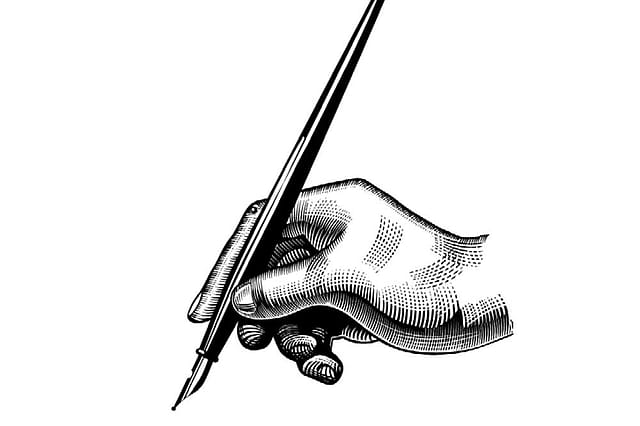Open Diary

WHEN BRAZIL AND Argentina were eliminated from the final rounds of the World Cup, there were reports of mass despair in Kolkata, a city that has a justifiable reputation for being football crazy. The despondency was understandable. For very long, Bengalis have come to equate exciting football with the clubs and national teams of Latin America. Given the absence of India's national team in the World Cup, the temptation to support a team from South America has proved irresistible.
I have only been to Latin America once—a three-day trip to Buenos Aires earlier this year for a conference—and am therefore unable to fully appreciate the depth to which football is part of the popular culture there. Instead, I was in Europe for three weeks—Berlin, Brussels and London—during most of the World Cup matches in Russia. It was a fascinating experience.
Let me start with Germany. For reasons that have a lot to do with their own troubled history, Germans are quite circumspect in allowing nationalist fervour to spill over into mass celebrations. This year, of course, there was no reason to celebrate. I was in Berlin on the day Germany failed to qualify for the quarter-finals, having been eliminated by two opportunistic goals scored by an audacious South Korean side. Most of Germany expected that the defending champions would easily qualify for the more competitive final rounds. In official Berlin, rarefied parties had been organised and even the political turbulence caused by the CDU-CSU spat was temporarily underplayed.
Modi Rearms the Party: 2029 On His Mind
23 Jan 2026 - Vol 04 | Issue 55
Trump controls the future | An unequal fight against pollution
I was in the Tiergarten area of Berlin when the news of Germany's elimination came through. However, there were no unseemly scenes of either collective despair or anger. The most visible signs were a group of slightly drunk German teenagers with a German flag wandering aimlessly, without any signs of malice or aggression. Otherwise, for most Germans it was either a shrug of the shoulders or the stiff upper lip that we have come to associate with upper-class Britons.
So far, the English have had no reason to wallow in the glory of defeat (remember the 'hand of God' controversy). What began as a World Cup journey with low expectations suddenly transformed into anticipation and hope once the England team moved steadily up the competition ladder. Even then, it took the England- Sweden quarter-final match for cries of 'Football is coming home' to resonate through the pubs and public areas of London. Unless prevented by Croatia, it could be a dream England- France final.
The English, traditionally, have always preferred to keep a firm hold on their emotions. The upper-class Briton may be the perfect fool (as depicted so vividly in the Monty Python and Black Adder shows), but he likes to think of himself as slightly detached and distracted. Aloofness from the mob is a defining feature of the traditional English character. This is reflected in the country's political culture, where verbal duels in Parliament are preferred to street riots. In cricket, still very much a middle-class game, except in Yorkshire where it has mass appeal, English spectators—the wandering Balmy Army apart—can easily be distinguished from their Indian, Pakistani and West Indian counterparts by their understated appreciation of a good shot or great piece of bowling.
Is football the exception? English football fans are dreaded all over Europe for their boisterousness and hooliganism. Londoners, for example, are known to give a wide berth to West Ham and Chelsea supporters, and flee if Millwall fans are anywhere in sight.
It is reassuring that none of this aggressive over-exuberance was in sight in the weeks of the World Cup that I was there. Instead, the gallons of beer consumed and a very hot summer produced a rather jolly atmosphere, made jollier by the fact that England was, for a change, not being confronted by the inevitable disappointment. England has the most competitive and exciting domestic football. Unfortunately, this vibrancy has never rubbed off on the national side. The only occasion England won the World Cup was in 1966.
Perhaps it was the sense of anticipation that made my Club give up its rule to never show football on a big screen on special days in the summer—it is always either cricket or Wimbledon. The England-Sweden match was shown and the attendance at the courtyard bar was proof that even gentlemen were becoming addicted to the World Cup. Alas, a circular I received earlier in the week informed me that there will be no more football.
Was it back to tradition—or anticipation of another national failure?
